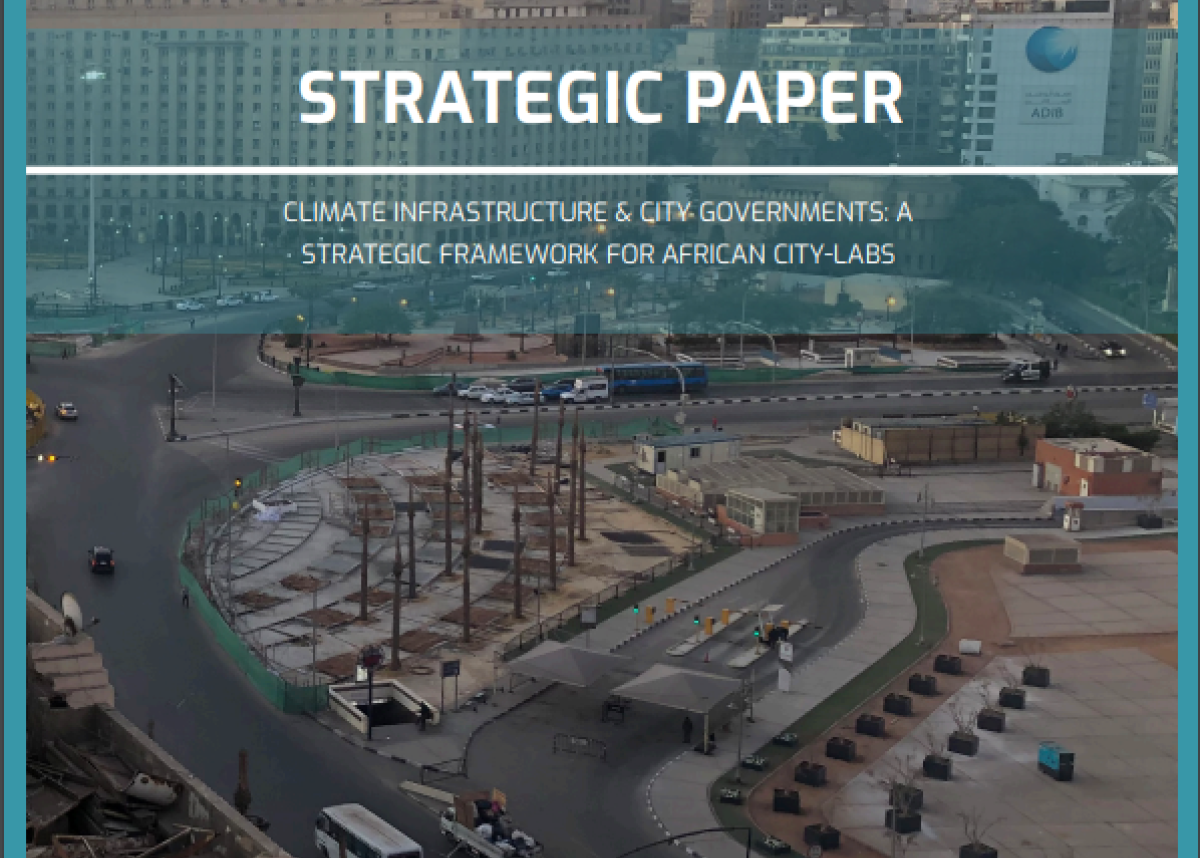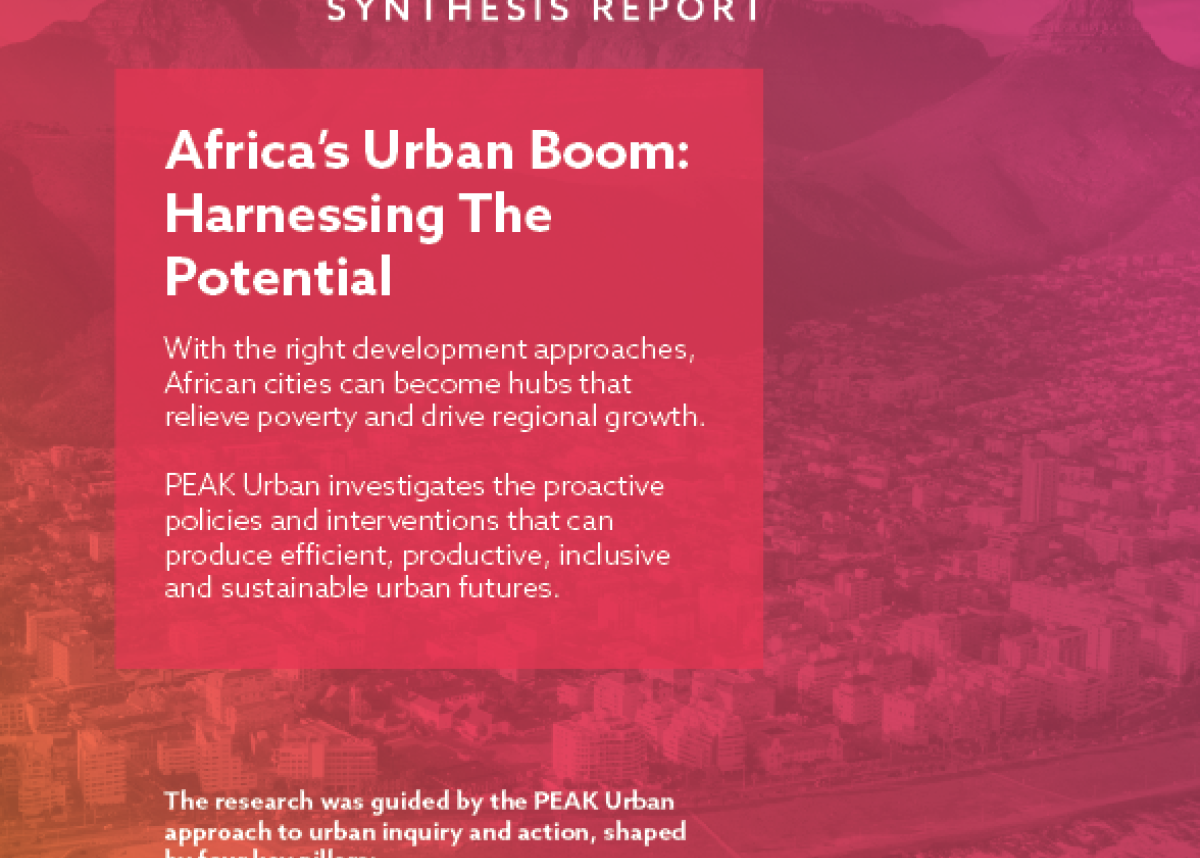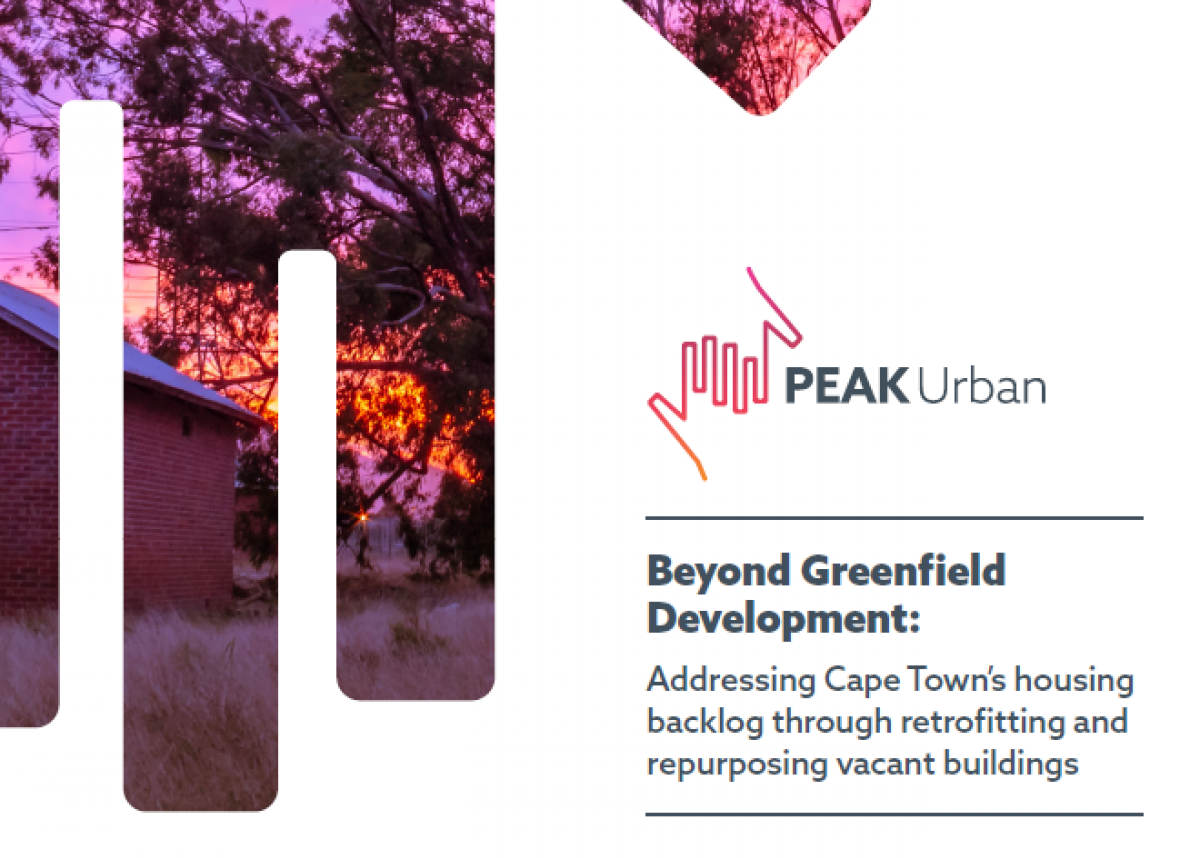
Localizing the Sustainable Development Goals Through the Lens of Urban Resilience: Lessons & Learnings from 100 Resilient Cities and Cape Town
Urban resilience is increasingly seen as essential to managing the risks and challenges arising in a globally changing, connected, and urbanized world. Hence, cities are central to achieving a range of global development policy commitments adopted over the past few years, ranging from the Paris Climate Agreement to the Sustainable Development Goals (SDGs).
However, knowledge of the ways in which cities are going about implementing resilience or of how such efforts can practically contribute to the implementation of global agendas is still limited. This paper discusses the experience of cities that were members of the 100 Resilient Cities (100RC) network, an entity pioneered by The Rockefeller Foundation.
It reviews the resilience strategies developed by 100RC members to show that 100RC cities are increasingly aligning their resilience work to global development policies such as the SDGs. It then draws on the case of the city of Cape Town in South Africa to illustrate the process of developing a resilience strategy through 100RC tools and methodologies including the City Resilience Framework (CRF) and City Resilience Index (CRI) and its alignment to the SDGs and reflects on lessons and learnings of Cape Town’s experience for the global city network-policy nexus post-2015.





